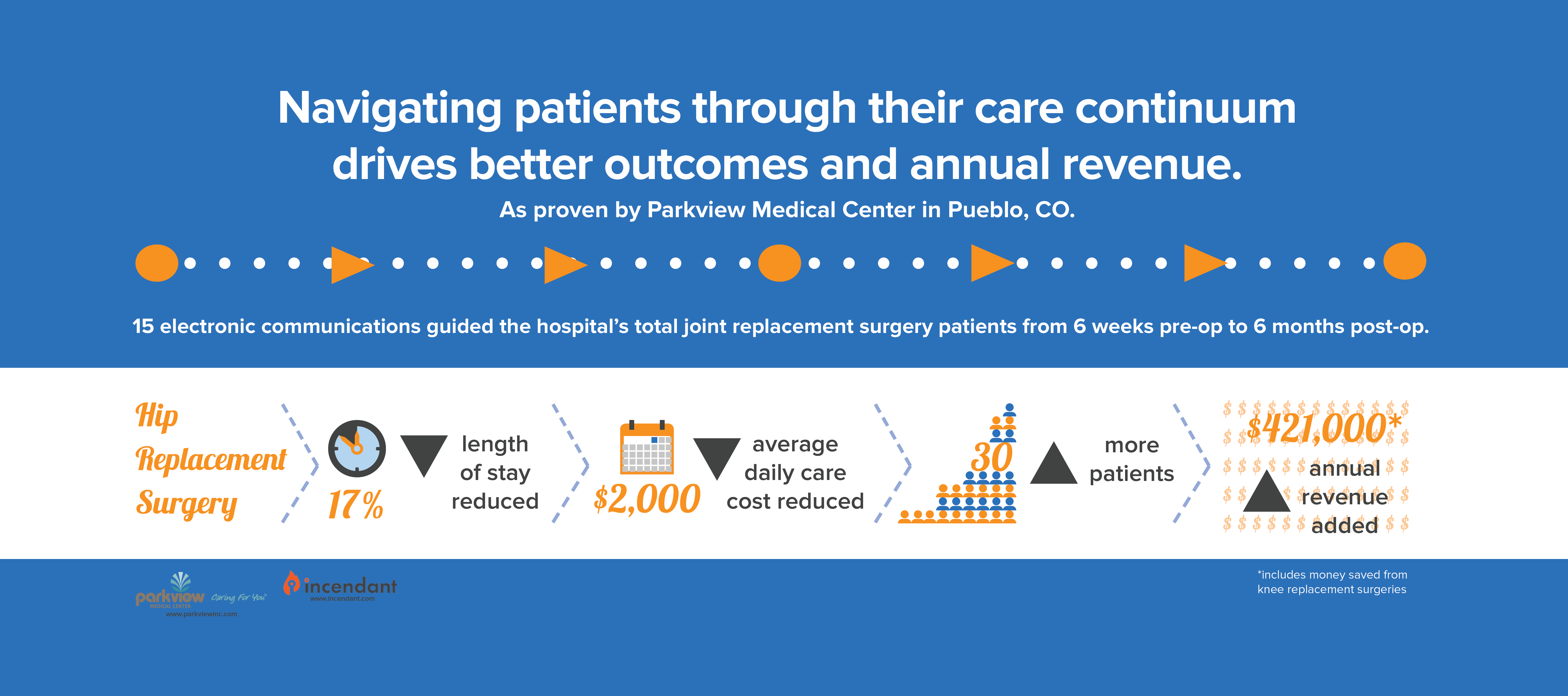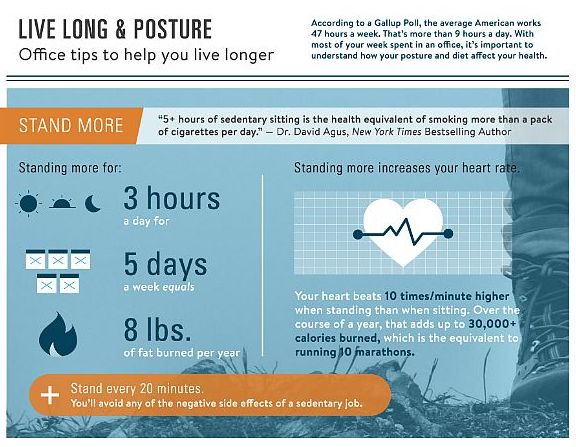Want to Improve Health Outcomes? Start by Building Patient Confidence
Topics: Meaningful Use, Improving Patient Outcomes, Patient Engagement
Hospital Story: Taking Patient Education Online—It Just Makes Sense!
In this era of patient-centered care, it’s important that hospitals always think about the patient first. That includes how and when they prefer to learn about their health and in-hospital care.
At Women & Infants Hospital in Rhode Island, part of the Care New England health system, we took this patient-centered approach when we recently launched an online birthing class called the “ Understanding Birth eClass.”A patient-first approach, combined with the right tools to promote and deliver the right message at the right time, helped us connect the dots when communicating with, engaging and educating patients online.
Topics: Guest Blog, Patient Engagement
Why is it so hard to understand—and apply—this concept?
With good information (i.e., reliable data) that is easily accessible, you have the power to change the world. Well, perhaps not the entire world, but your own part of it!
Immunization: It’s a Population Health Issue
Decades after vaccines effectively wiped out serious diseases such as polio, measles and mumps in the United States, immunization—particularly for children—continues to be debated and even avoided. A notable minority of parents don’t keep up with their children’s vaccine schedule or forego immunization, citing concerns about vaccine safety, a link to autism (despite the lack of any definitive evidence), “too many” vaccines in the early childhood years, or their child’s distress at receiving an injection.
Topics: Population Health, Value-Based Care










